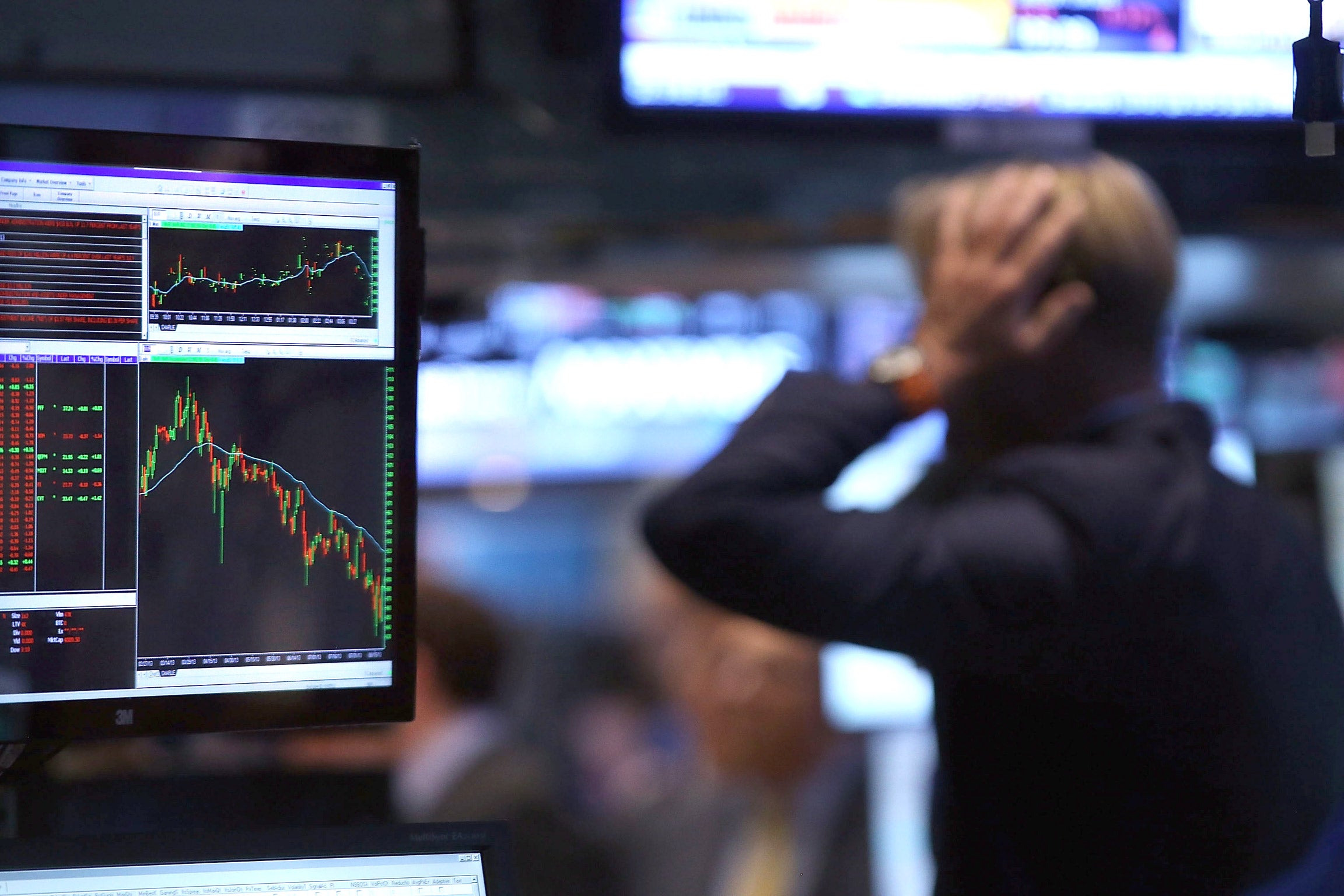Bubble brains: Scientists plot biological responses that broke the economy
UK researcher leads study into distorted judgements in financial markets

Five years since the financial crisis, we have had ample occasion to ask the question: what were the people on the trading floors of global finance thinking?
Now scientists think they may have the answer: the decisions and behaviour that lead to market bubbles and financial crashes may have their origins in instinctive biological mechanisms in the brain.
In the first study of its kind, researchers at the California Institute of Technology (Caltech) teamed experts in finance with neuroscientists to investigate whether the brain's activity during the trading process might lead to apparently irrational investments.
Working with a team of volunteer students on an experimental trading floor and using functional Magnetic Resonance Imaging, which can detect changes in blood flow in the brain, researchers observed that the creation of market bubbles was closely associated with heightened activity in two parts of the brain.
People who had greater activity in the area of the brain that processes value judgements were more likely to ride the bubble and lose money by paying more for an asset than its fundamental worth.
Intriguingly, greater activity was also observed in the part of the brain that interprets social signals to predict the behaviour of others. Scientists suggested that this instinctive mechanism - a useful evolutionary tool that enables human sociability - could actually lead to distorted judgements when applied to a "complex modern system, like financial markets".
Dr Benedetto De Martino, a researcher at Royal Holloway University of London who led the study while at Caltech, said: "They start trying to imagine how the other traders will behave and this leads them to modify their judgment of how valuable the asset is."
The team found that when participants noticed disparity between how much they perceived an asset to be worth and the rate of transactions for that asset, they began making poor business decisions and bubbles started to form in the market.
"They become less driven by explicit information, like actual prices, and more focused on how they imagine the market will change," Dr De Martino said. "These brain processes have evolved to help us get along better in social situations and are usually advantageous. But we've shown that when we use them within a complex modern system, like financial markets, they can result in unproductive behaviours that drive a cycle of boom and bust."
Although bubbles have been thoroughly investigated in economics, the reasons why they arise and crash are not well understood and little is known about the biology of financial decision behaviour, although the phenomenon of "herd mentality" in financial markets has been observed before.
"It's group illusion," said Professor Peter Bossaerts from the University of Utah, a co-author of the study. "When participants see inconsistency in the rate of transactions, they think that there are people who know better operating in the marketplace and they make a game out of it. In reality, however, there is nothing to be gained because nobody knows better."
The study, part-funded by the Wellcome Trust, is published today in the journal Neuron. Although the findings may not help to predict the onset of a bubble, the authors said the research could help to design better social and financial interventions to avoid the formation of future bubbles in financial markets.
Subscribe to Independent Premium to bookmark this article
Want to bookmark your favourite articles and stories to read or reference later? Start your Independent Premium subscription today.

Join our commenting forum
Join thought-provoking conversations, follow other Independent readers and see their replies